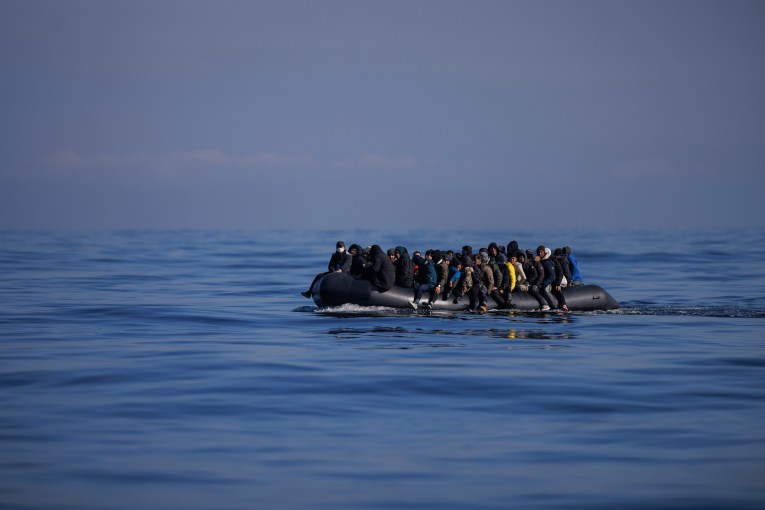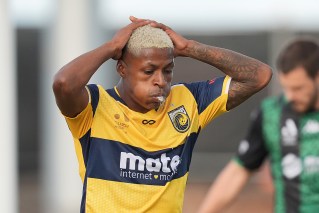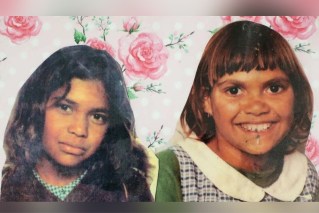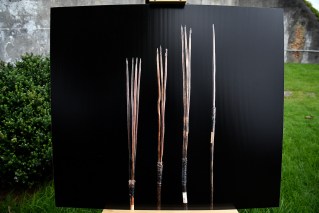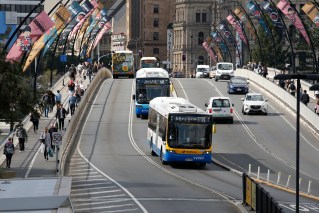Why is an army general running Australia’s vaccine rollout?

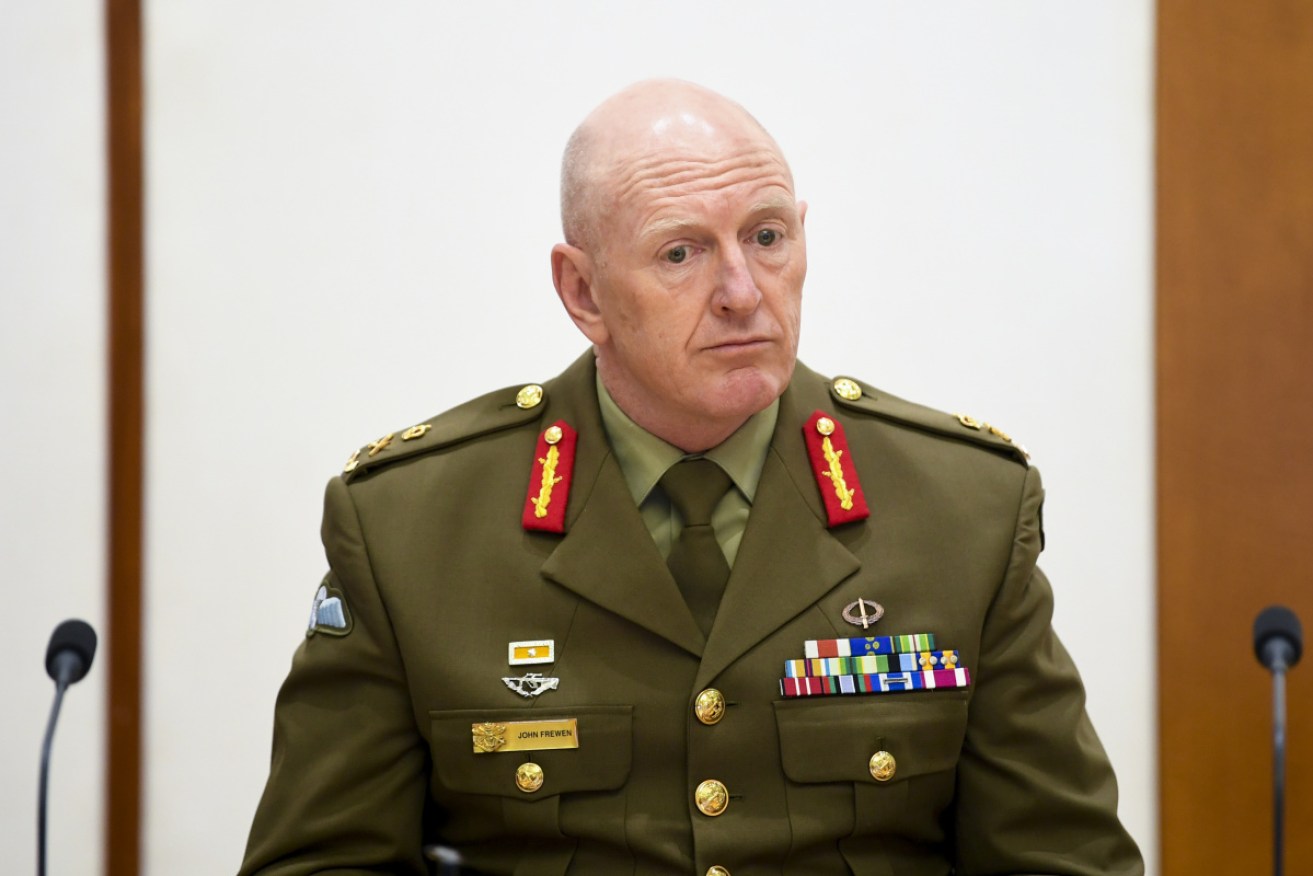
COVID-19 Taskforce Commander Lieutenant General John Frewen
Top brass from the army and navy have been called in to help kickstart the vaccine rollout, raising questions over so-called “militarisation” of the COVID response in Australia.
The federal government says it needs the military precision and logistics experience offered by the two newest players in the vaccine plan, following in the footsteps of other nations that have tapped army veterans to help their virus response.
“Militaries are extremely good at logistics, because they prepare for war. When they’re not in war, they’re preparing for it, and they have capabilities that are lacking in civilian equivalents,” said Adam Kamradt-Scott, a pandemic preparedness and global health expert.
“But in our specific context, the Australian Defence Force has historically declined getting involved in health matters like this. This is a new role we’re seeing from the military.”
Army, navy brought in to fight COVID
Australians have become used to hour-long press conferences from politicians and premiers in the past 18 months, but new faces and dress codes have recently found their way onto our screens to lead the COVID response.
In April, naval officer Commodore Eric Young was named the new federal COVID vaccine operations co-ordinator.
In June, he was joined as a public face by Lieutenant-General John Frewen, the commander of the federal vaccination taskforce.
Both men have appeared alongside federal ministers and chief medical officers at press conferences, giving vaccine updates, and have recently started holding solo media appearances and interviews.

John Frewen, then a Lieutenant-Colonel, in the Solomon Islands in 2003. Photo: AAP
“The PM has asked me to come and take direct control of the rollout and all of the resources and assets involved,” General Frewen said in June, as he took centre stage in a televised press conference for the first time.
On Tuesday, when asked bluntly at a press conference why he was brought on, he said Prime Minister Scott Morrison had asked him to take “operational control of the rollout and the messaging around the rollout”. Lieutenant-General Frewen said that gives him power to “reach across the full range of government agencies and stakeholder groups that hasn’t been the case until now”.
He brings years of military operational experience from postings in Rwanda, Afghanistan and the Solomon Islands, including time as national commander of all Australian Defence personnel in the Middle East.
Health Minister Greg Hunt praised Commodore Young’s “operational experience, logistical capability, control of data and calm leadership under pressure”, saying in April he was part of “a long history” of military helping pandemic responses.
But their roles took on further new prominence this week, as the General chaired “war game” sessions with state leaders, then joined Treasurer Josh Frydenberg for meetings with business leaders.
That was quite the table of military brass overseeing today’s vaccination rollout ‘war game’ scenarios. #COVID19aus #auspol pic.twitter.com/i62044vEO4
— Michael Rowland (@mjrowland68) July 6, 2021
Lucy Turnbull, wife of former prime minister Malcolm Turnbull, called it “outsourcing”.
Esteemed journalist Hugh Riminton called General Frewen “a good man” but asked “why on earth are we receiving public health information from a bemedalled man in khaki?”
Member for Warringah Zali Steggall asked “where are the women, health and Indigenous experts” in the vaccine meeting.
Former Labor deputy prime minister, Wayne Swan, was even blunter.
How pathetic it is to see Morrison rollout Generals on TV to camouflage his failure to purchase the quantity and the quality of vaccines urgently required to protect Australia #auspol
— Wayne Swan (@SwannyQLD) July 6, 2021
Privately, some senior Labor sources have wondered whether the military men were brought in to take some heat off the government’s troubled vaccine rollout, and questioned the heavy reliance on military symbolism.
Shadow treasurer Jim Chalmers claimed the government was “co-opting” military staff for “staged photo opportunities”, while deputy leader Richard Marles accused Mr Morrison of “hiding behind somebody wearing a uniform”.
It’s not the first time the federal government has drawn on military lingo for the COVID and vaccine response.
From PM Morrison putting national cabinet on a “war footing” and saying the only thing he was interested in “fighting” was the virus, to the General conducting “war games”.
But according to Mr Kamradt-Scott, incoming professor and chair of global public health to the European University Institute, there are both good reasons and worldwide precedents for bringing military minds into the vaccine rollout.
“We know the vaccination rollout hasn’t gone to plan, and we need to get it back on track,” he told The New Daily.
“When it comes to things like moving items around, like vaccines, they’re quite a bit different from tanks obviously, but if you need to move quickly, military capabilities are there.
“This is a program on a scale the country has never seen.”
Australia using military more than most
Mr Kamradt-Scott, who has a research expertise in how civil and army groups co-operate in health disasters, has been tracking how nations worldwide have used military in their COVID response.
He said more than half the countries he surveyed, in the pandemic’s first 12 months, used military leaders.
A number had current or recently retired army chiefs running their pandemic response.
However, he noted Australia was near the top.

ADF officers have been used in numerous COVID operations in Australia. Photo: AAP
“Australia is one of the leading countries in terms of numbers of tasks delegated to military, from supporting hotel quarantine and security, through to assisting with manufacturing and production of PPE,” Mr Kamradt-Scott said.
“The extent we have the military leading our response is unusual. Usually in health and humanitarian efforts, it’s helping civilians under civilian leadership. Having this run by a military commander is unusual.”
He noted the 1994 United Nations’ Oslo guidelines on use of military force in civilian operations had set out that military “should only be used as last resort”.
Australia’s heavy leaning on the army, he said, may be partly explained by a “performative” element.
“People have raised questions about the so-called ‘militarisation’ of the response. There’s also a visual element to this, whereby calling on a high-ranking military officer elevates the political importance and significance of this. It signifies the government is taking it seriously, and pointing to COVID being a security threat,” Mr Kamradt-Scott said.
“This is not to downplay the expertise the military has … but this is a non-traditional role for military, so it really does speak to it being an exceptional response.”
